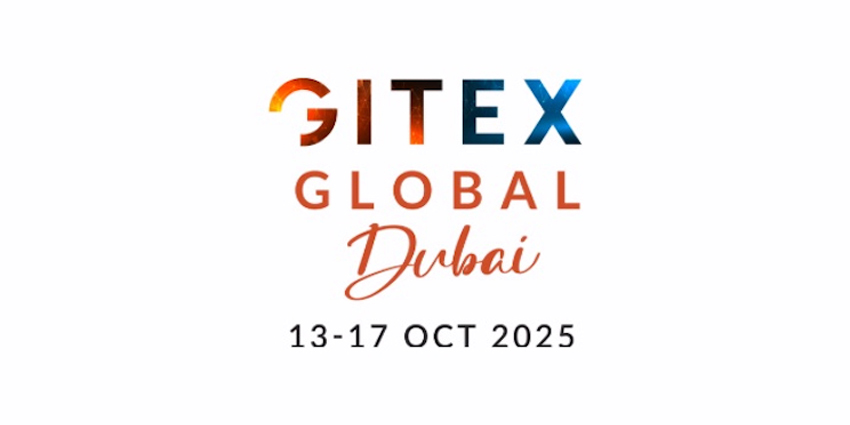Dubai’s 45th edition of GITEX GLOBAL opened on 13 October at the Dubai World Trade Centre, attracting what organisers call unprecedented global participation. The event hosts more than 6,800 exhibitors, 2,000 startups and 1,200 investors from over 180 countries.
Sheikh Mohammed bin Rashid Al Maktoum inaugurated the event, underscoring the UAE’s ambition to lead in AI-driven economies. Dubai’s leadership has signalled this edition will be the last at the DWTC venue, with plans in motion to relocate GITEX to Expo City Dubai in 2026.
The show spans more than 40 halls across two sites — DWTC and Dubai Harbour — showcasing technologies in AI, cloud infrastructure, smart mobility, cybersecurity, biotech, quantum computing and green impact. Organisers have supplemented the core exhibition with 11 co-located thematic zones, including Cyber Valley, Digi Health & Biotech, Green Impact and Quantum Expo.
Key unveiled innovations include an AI-powered “trackless tram” by Dubai’s Roads and Transport Authority as part of 11 smart mobility projects debuting at the fair. The tram is billed as a driverless transit solution that runs without physical tracks, relying on sensors and AI to navigate urban corridors. Simultaneously, UAE security tech firm K2 introduced electric patrol vehicles capable of scanning streets for immigration irregularities via high-resolution cameras and real-time AI processing.
Major corporations and startups are using the platform to unveil next-generation computing architectures and cloud innovations. Tech giants like Microsoft, Google, Amazon Web Services, Huawei and Dell are presenting new infrastructure and AI solutions, while hardware pioneers such as Cerebras, Qualcomm and Tenstorrent are spotlighting advances in specialised processors and accelerators.
On the investment front, over 1,200 global investors are reported to be in attendance, many focusing on frontier tech sectors like generative AI, synthetic biology and sustainable hardware. Startups have access to dedicated matching programmes and venture-capital sessions to accelerate deals on the floor.
Policy dialogue is also front and centre. Government delegations from more than 180 nations are participating in closed-door forums and public panels focused on technology regulation, sovereign data architectures and AI governance. Several Middle East, African and Asian governments are expected to announce cooperation agreements during the event.
Preparations for the transition in 2026 are already underway. Crown Prince Sheikh Hamdan bin Mohammed has directed that GITEX evolve into a “TechCation” format — integrating lifestyle, cultural and business elements — held in December at Expo City, aligning with Dubai’s strategic economic agenda.
Logistics for attendees have drawn attention: parking tariffs around event zones have been converted to a variable system for major events, with rates reaching Dh25 per hour under “Code X” during GITEX. Authorities have encouraged use of metro, ride-sharing and shuttle services to manage traffic congestion in surrounding districts.
Representatives from Indian states are also present: for instance, a consortium of 28 IT firms from Kerala is showcasing solutions and forging ties with international players. The Indian government is expected to send separate delegations in specialised sectors such as defense, space and semiconductors.

